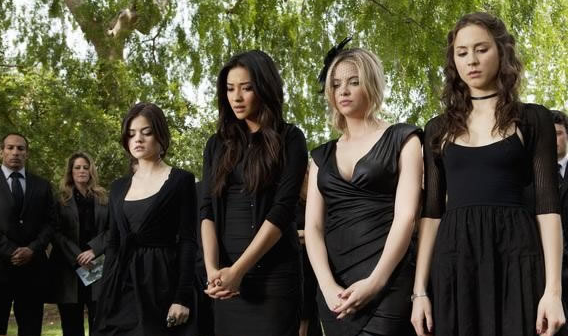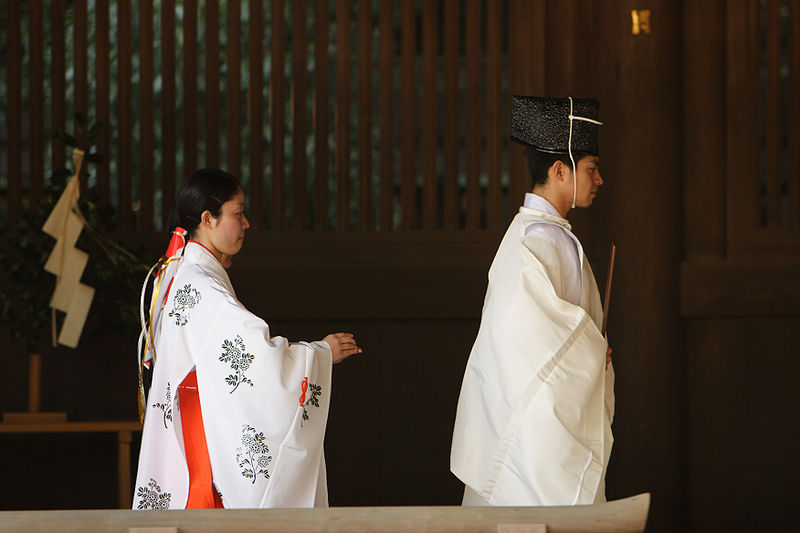For many Americans, black seems to be the most common color to wear as funeral attire. Why is that? And why do some religious and cultural groups tend to wear white to funerals? Much of the color choice within religious groups has to do with personal interpretations about death and the afterlife.
The custom of wearing black funeral attire goes back to the days of the Roman Empire when they would wear dark togas as a symbol for mourning. The popularity of wearing black skyrocketed during the Renaissance and throughout the 19th century, especially for women. During mourning periods and funeral services, mourners wore everything from clothing and headdresses, to unique jewelry, such as lockets and brooches, that kept pieces of lost loved ones’ hair close to the heart. Interestingly enough, in rural parts of Latin America and the Mediterranean, widows will also wear black for the remainders of their lives whereas other family members wear the color for an extended period of mourning.
Faith in a particular religion plays a major role in whether black or white is worn at a funeral. With around 76% of the American population identifying themselves as Christians, black funeral attire remains popular in the United States because it tends to be the common choice for Christian mourning and funerals. For the less than four percent who practice Hinduism or Buddhism in the United States, however, the popular color for funeral attire tends to be white, which symbolizes
purity. Therefore, in countries where Hinduism and Buddhism are practiced more prevalently, it would not be uncommon to witness a funeral where everyone wears white. In Japan’s past, a country where a combination of Shinto and Buddhist beliefs are practiced, people commonly wore white suits or kimonos. Nowadays, however, most Japanese people have transitioned to wearing black funeral attire like their western counterparts. One religion, Islam, remains neutral when it comes to what color should be worn at funerals. In lieu of a focus on clothing color, attendees are expected to not wear any elaborate jewelry as well as dressing modestly as is standard in Muslim tradition.
Essentially, the type of attire expected will vary because every funeral is unique. Have you been asked to attend a funeral wearing any other colors or attire requirements?
You may also enjoy:

 Why Do We Wear Black Funeral Attire Versus White?
Why Do We Wear Black Funeral Attire Versus White?




 Terminal Sedation at the End of Life
Terminal Sedation at the End of Life
 National Donate Life Month Reminds Us To Give
National Donate Life Month Reminds Us To Give
 How Dare You Die Now!
How Dare You Die Now!














